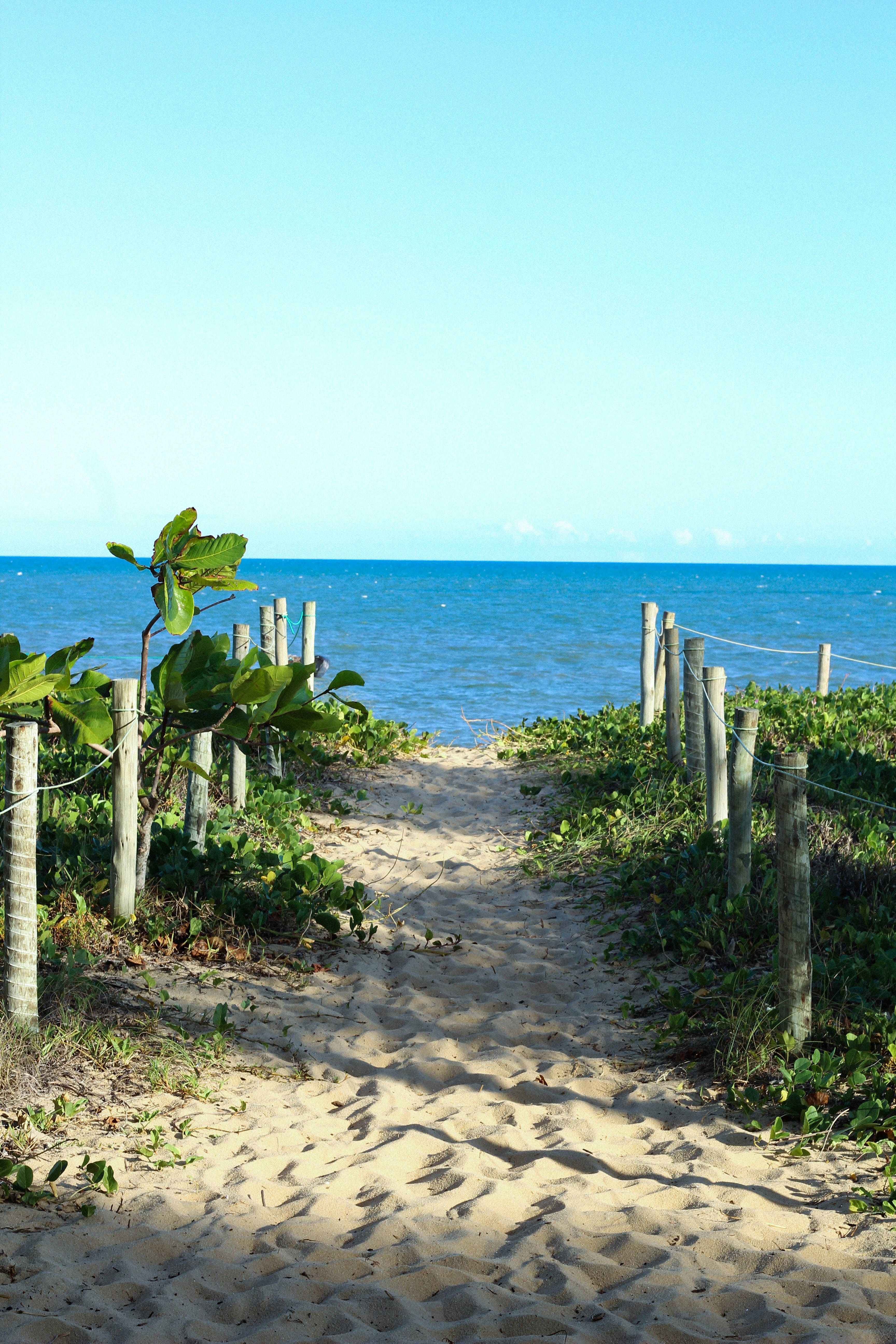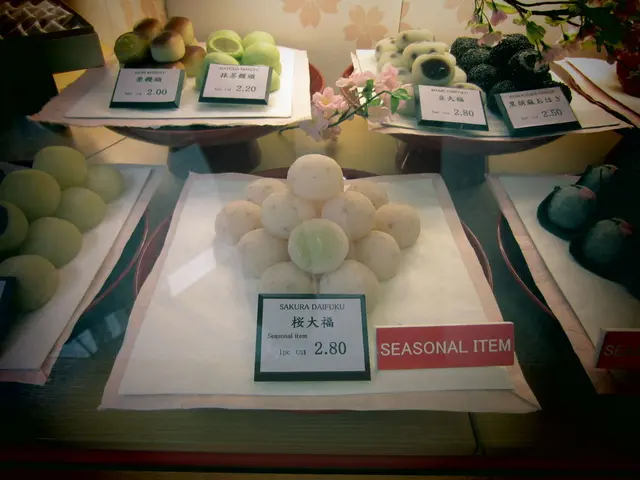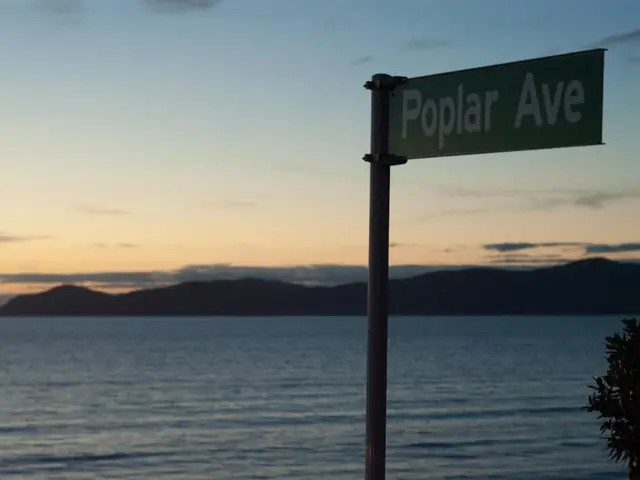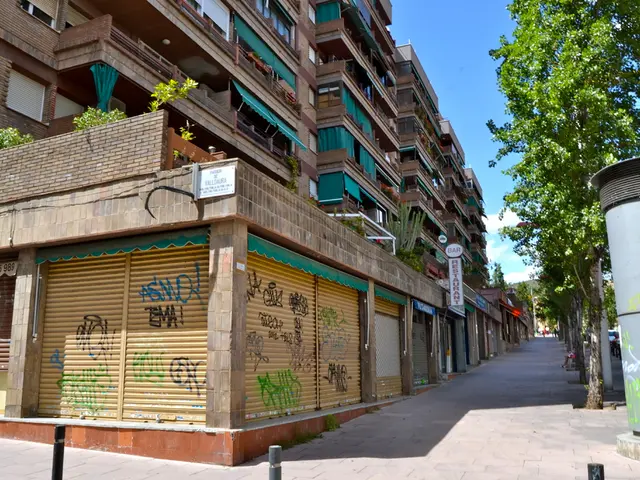Future of Humanitarian Work Mapped Out by Dubai Community Contributions Establishment at JOOD Retreat Event
In Dubai, the Dubai Community Contributions Establishment (JOOD) convened its inaugural retreat to catalyze a unified approach to humanitarian efforts among public, private, and non-profit sectors. The gathering took place within the context of Dubai Social Agenda 33 and the UAE's Year of Community, emphasizing the importance of collective action in addressing societal needs.
Participants, including government and business leaders as well as philanthropists, were tasked with developing a comprehensive roadmap for community contributions. The retreat aimed to redefine the mode of delivering, measuring, and sustaining social impact.
Notable attendees, such as Hessa bint Essa Buhumaid, Director-General of the Community Development Authority, spoke about the strategic importance of the retreat in forging a future-focused, inclusive model of philanthropy in line with Dubai's core values.
Dr. Ahmed Tahlak from the Tarahum Charity Foundation advocated for the need to establish clear benchmarks to gauge social and economic impact, while Sunny Varkey, an education philanthropist, highlighted the significance of giving rather than simply achieving. Both commended Dubai's commitment to humanitarian distinction.
Organized around four pillars—sustainability, engagement, impact, and innovation—the retreat featured thematic dialogues, workshops, and storytelling sessions. Discussions focused on scaling impact through digital resources, cross-sector partnerships, and pioneering collaborations.
Gathered insights led to the adoption of a unified framework for social responsibility across various sectors, along with a strategic approach for managing diverse community resources to ensure long-term, measurable results.
Ahmed Darwish Al-Muhairi, Vice Chairman of the JOOD Board of Trustees, anticipates that the retreat will propel JOOD to become a global benchmark for community development. By aligning strategies with actions, JOOD intends to reinforce Dubai's leadership in sustainable giving and foster a resilient environment of empowered communities.
The endeavor appeals to Dubai Social Agenda 33 and the UAE's Year of Community objectives, aiming to establish a global model for community development that elevates quality of life and advances Sustainable Development Goals. Cross-sector collaboration and an inclusive model of giving are instrumental in creating an integrated social and humanitarian model while emphasizing impact measurement. these principles will fortify JOOD's standing as a premier platform for sustainable giving.
- The Dubai Community Contributions Establishment (JOOD), during its inaugural retreat, aimed to foster collaboration among the government, business, and non-profit sectors for community development.
- The retreat emphasized the need for a unified approach to addressing societal needs, aligned with Dubai Social Agenda 33 and the UAE's Year of Community.
- Participants, including government and business leaders, were tasked with creating a comprehensive roadmap for community contributions, focusing on areas like sustainability, engagement, impact, and innovation.
- Sunny Varkey, an education philanthropist, underscored the importance of giving rather than just achieving as part of his speech, praising Dubai's commitment to humanitarian distinction.
- Cross-sector collaboration and the adoption of an inclusive model of giving were discussed extensively during thematic dialogues, workshops, and storytelling sessions.
- By adopting a unified framework for social responsibility and a strategic approach for managing diverse community resources, JOOD aims to create long-term, measurable results, and establish itself as a global benchmark for sustainable giving and community development, contributing to improving quality of life and advancing Sustainable Development Goals.








